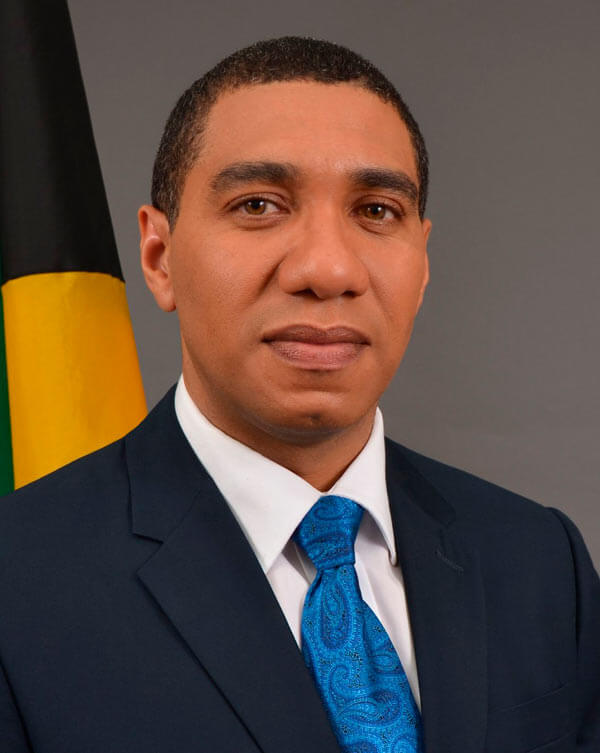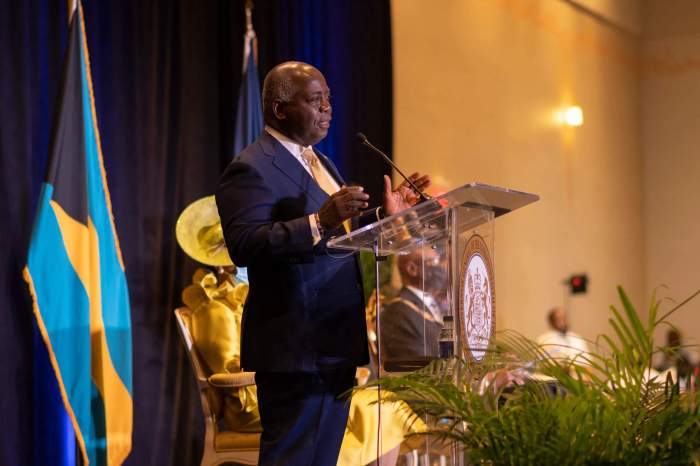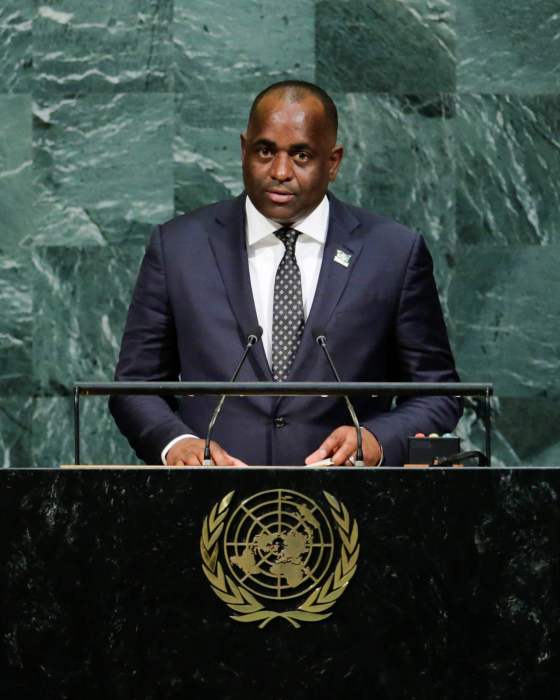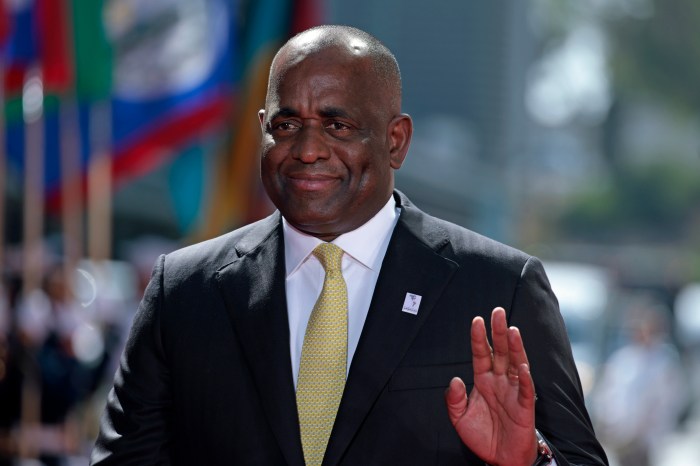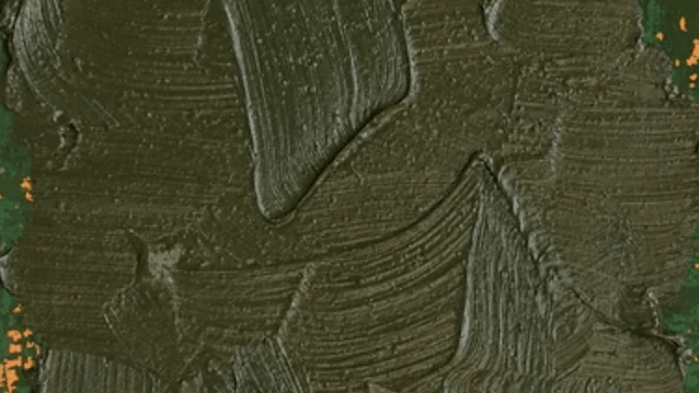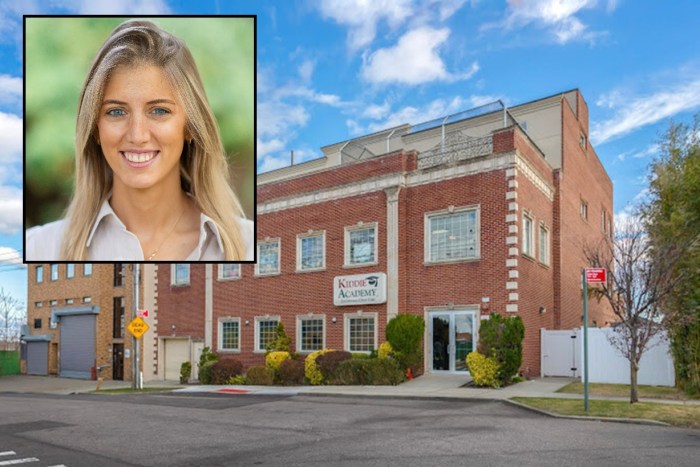Government officials across the regional trading bloc this week expressed dismay at massive spikes in positive COVID-19 cases with many member states reporting record single day numbers in the aftermath of year end festivities.
Guyana, Suriname and Trinidad-the three southern Caribbean countries — along with Barbados, The Bahamas and associate member Bermuda, have all been forced to deal with significant hikes in positive cases linked to partying, illegal assemblies and increased commercial activities during the Christmas season.
Suriname for example reported 1,106 cases on Tuesday representing nearly 50 percent of people tested in the Dutch-speaking republic to go along with 924 as the work week began.
Neighboring Guyana is also struggling to cope with a major spike recording 1,016 cases last weekend. These hikes in the two mainland member states have popped up just when officials say they were beginning to see reducing numbers of positive infections, deaths and ICU hospitalizations as of up to mid December.
In Guyana as well, ICU patients have dropped from about 30 at the main coastal specialty hospital to less than 10 even as officials across the region blame the new omicron strain for the rapid spread of infections in the 15-member bloc. The same is true for Suriname. Weighing in on the situation, Guyana’s main opposition People’s National Congress (PNC) blamed reckless indifference on the part of government officials for the spike, criticizing it for organizing and supporting several super spreader events over the holidays.
“What is most concerning and very worrying is that while other groups are refused permission to hold similar events, the government is willing to risk the lives of Guyanese to permit a group that supports its political agenda to host a super spreader event amidst the COVID-19 pandemic,” that party said.
In Trinidad, widely regarded as the regional ground zero for infections, deaths and hospitalizations, officials have reported a steady decline in numbers this week but the 16 deaths on Tuesday reminded officials that they still have a major public health crisis on their hands. A total of 3,082 people have died in Trinidad and Tobago since March of 2020 when infections were first reported giving the republic the unwanted title of the country with the highest per capita mortality rate. Two hundred and thirteen people have died in the first 12 days of this year so far.
As Jamaican officials grapple with the safe reopening of schools, Prime Minister Andrew Holness dampened the hopes of critics and supporters calling for an island shutdown.
“We are not going to shut down again. I have been very clear in parliament, very clear, absolutely gone overboard to say that we are not going back to lockdowns, so be calm. I have said what the containment strategy is. It is now in your hands. Go and take the vaccine. That is the strategy,” he told reporters. He also said that schools will remain open despite infections and challenges staff and administrators face.
As governments across the region beg for adherence to protocols, Barbados is facing the prospect of a double whammy as campaigning is intensifying ahead of snap general elections on Jan. 19. Latest figures indicated 567 positive cases on Monday linked to activities in December but officials say similarly large numbers could confront medical personnel in the weeks after the polls. In all of the countries with significant hikes, the January 2020 figures are in some cases more than double the previous daily averages.
Meanwhile, tourism paradise, The Bahamas, recorded 800 cases in a single day at the weekend, while Bermuda is also reporting highest daily figures for the past two years. Government spokesman, Clint Watson said action was being taken.
“We have opened four tents at the Princess Margaret Hospital. We are building capacity not only in infrastructure but also in manpower. We’ve asked the department of public health to lend us nurses to ease the burden felt because of those medical professionals in quarantine,” he said as authorities are expecting a batch of 50 nurses from neighboring Cuba this week.


